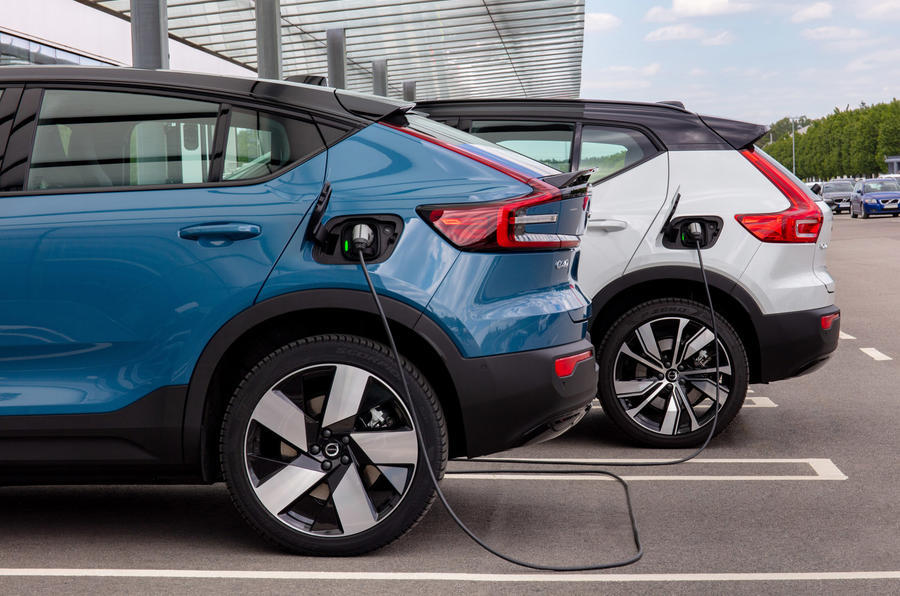More than a third (35%) of UK fleets are turning to electric vehicles as an alternative if orders are delayed or cancelled due to the semiconductor shortage, according to new research by the Arval Mobility Observatory.
The company’s 2022 Mobility and Fleet Barometer – based on data from 7500 interviews with fleet decision-makers in 26 countries – showed UK businesses already have one of the highest adoption rates for hybrid and electric vehicles.
Most (81%) said they already have them on fleet, while an additional 12% are planning to deploy them within the next three years. On average, British companies expect electric vehicles to account for 31% of their car fleets by that point, compared with 28% for petrol and diesel. Across Europe, projected shares averaged 23% for electric and 52% for petrol or diesel.
Ongoing vehicle supply challenges are influencing those decisions. A quarter (26%) of UK fleets said this had impacted deliveries, and the majority of those organisations (83%) are extending vehicle lifecycles to keep employees mobile. However, more than a third (35%) said supply challenges would lead to a faster roll-out of hybrid and electric vehicles.
Shaun Sadlier, head of Arval Mobility Observatory in the UK, said: “This research shines a light on the semiconductor shortage, which has become a growing concern for fleets over the last couple of years and which, even now, may not be resolved for another year or more.
“Presumably, in having to wait for vehicle delivery, [fleets] have decided to accelerate movement towards their corporate social responsibility (CSR) targets by leapfrogging a replacement cycle where they would probably have chosen [a petrol, diesel] or plug-in hybrid and have instead opted to go straight to an electric vehicle, which often have shorter lead times as manufacturers appear to be diverting more of their production to zero-emission vehicles.”
Despite the supply constraints, the results suggest operators are optimistic about post-pandemic recovery. More than a quarter (27%) said they expect to increase their fleet size over the next three years, typically (81%) because their business is due to expand. A fifth of UK respondents (21%) are planning to offer company cars to a wider pool of employees, as a perk to retain staff.
Sadlier added: “One central fact is clear: as we emerge from the pandemic, company cars and vans remain core to business growth strategies moving forward.”







Add your comment